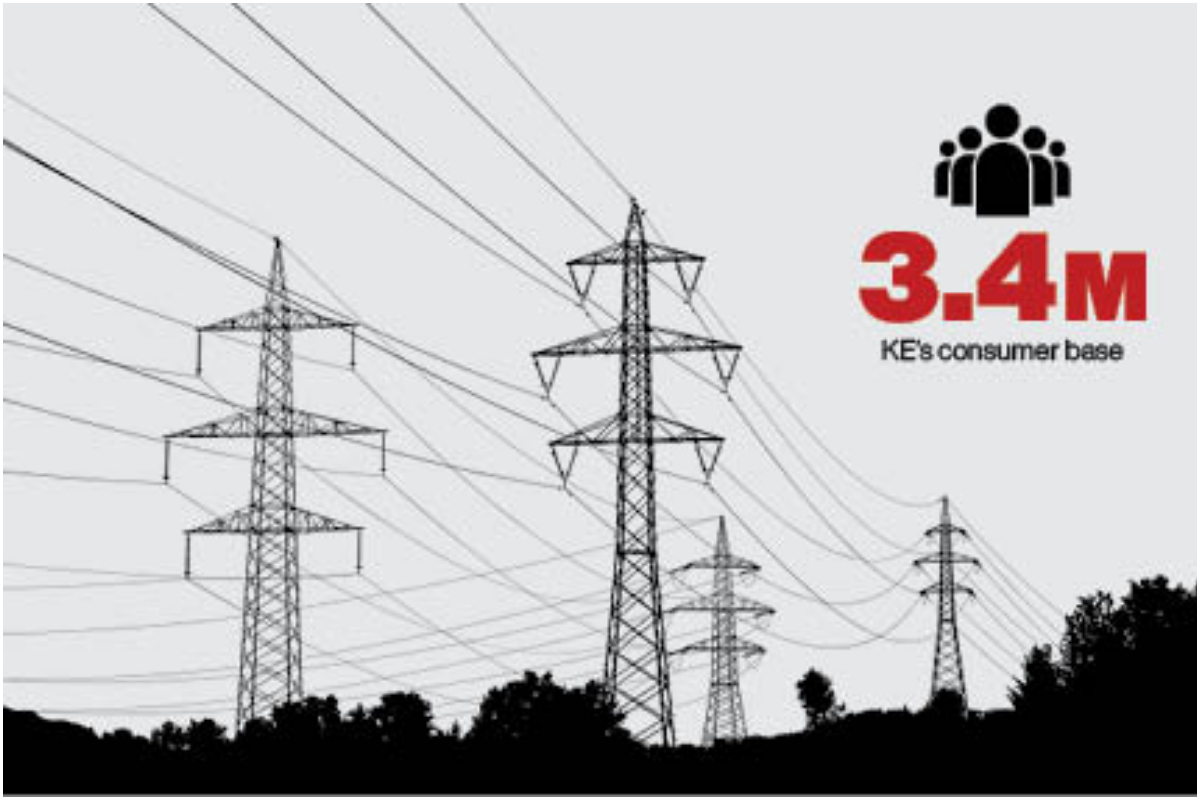K-Electric plans Rs484b infrastructure investment
-
19th Feb, 2023. 09:11 am

K-Electric plans Rs484b infrastructure investment
KARACHI: The K-Electric Limited (KE) has criticised inconsistency in the government policies and red-tape, as the Karachi’s electric company proposes an investment of Rs484 billion into the company’s infrastructure.
“There are precedents in the past, where due to uncertainty in the government policies, the KE’s planned projects, including the 700MW coal project could not materialise, which, otherwise, would have resulted in cheaper power for the consumers,” the vertically integrated power utility noted in its Integrated Investment Plan for the next seven years.
Similarly, despite extensive discussions of over two years, contractual arrangements for the supply from the national grid have not been finalised.
Moreover, land allocation for renewables and timely provision of Right of Way for the execution of the projects remain a key challenge.
“Such dependence on the government entities and departments not only adversely impacts the KE and its consumers but also negates the essence of privatisation,” it said.
The KE has proposed Rs484 billion investment plan to cater to the growing demand, upkeep and improve focus on safety, reliability, power quality, technical loss minimisation alongside enhancing technology intervention to improve the operational efficiency and sustainability.
The proposed investment plan for the transmission and distribution functions for the control period FY24 to FY30 will serve as a basis for the tariff of transmission and distribution for the next control period.
The KE was awarded an integrated multi-year tariff (MYT) by the National Electric Power Regulatory Authority (Nepra) for a control period of seven years that will expire in June 2023.
Keeping in view the learnings of the current MYT and the ongoing changes in the power sector, including the distribution network and supply business being separate licensed activities, the implementation of competitive (CTBCM) model and the proposed country-wide central economic despatch, the KE plans to file separate tariffs for generation, transmission, distribution network and supply.
Since the privatisation, the KE’s returns have remained well below the returns made by other comparable power sector entities.
During the period FY10 to FY22, the KE’s average return on equity (RoE) has been around 5 per cent, whereas returns made by other non-public sector entities in the sector range between 23 to 32 per cent with significantly lower risk profiles.
“The continued investment in the business can only be sustained if the KE is allowed a cost reflective tariff that includes an appropriate allowance for the recovery of loss and allows a reasonable level of return, including retail margin for asset light supply business.”
The Karachi Electric Supply Company (KESC) was formed in 1913 to meet the power needs of Karachi. KESC was privatised in 2005 and was rebranded as the K-Electric Limited subsequently in 2014. The company is currently serving a consumer base of 3.4 million.
The KE’s aim is that the energy contribution by FY30 in its system, excluding supply from the national grid, should primarily be dominated by indigenous fuels and renewables.
The percentage of the renewables and indigenous fuel penetration in the KE’s network is targeted to be 24 per cent and 54 per cent, respectively, by FY30, making total to 78 per cent.
The country is overall experiencing unprecedented inflation levels impacting the consumers buying power and forcing regular payers into defaulting of electricity bills.
These changes coupled with the rising power tariff due to the global economic fluctuations are impacting the recovery levels for the distribution companies operating in Pakistan.
These externalities also give rise to the power theft and a decline in the payment collections. The introduction of PV panels, commonly known as solar panels are largely adapted by the common households and businesses.
On the technological front, Pakistan is experiencing a huge influx of electric vehicles (EV), which will require electricity to operate.
Karachi had already started experiencing an increase in the demand for electric vehicles. These changes would cause uncertainty in the demand projections, as there is no historical data available for these externalities.
Catch all the Business News, Breaking News Event and Latest News Updates on The BOL News
Download The BOL News App to get the Daily News Update & Live News.